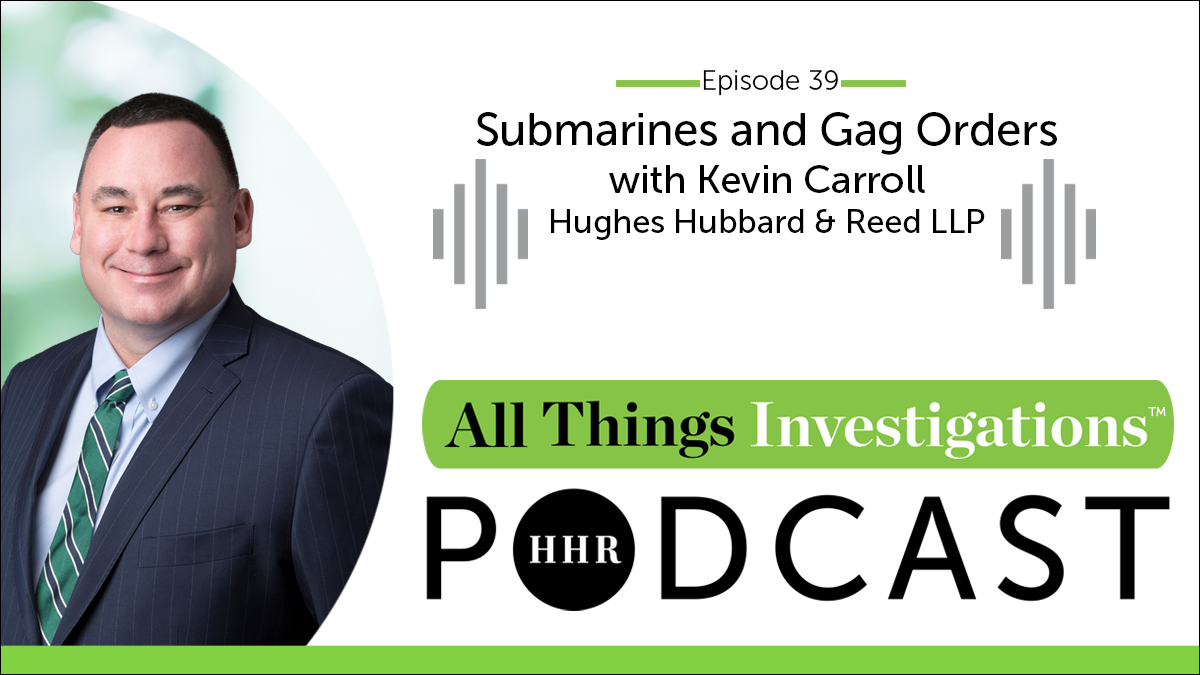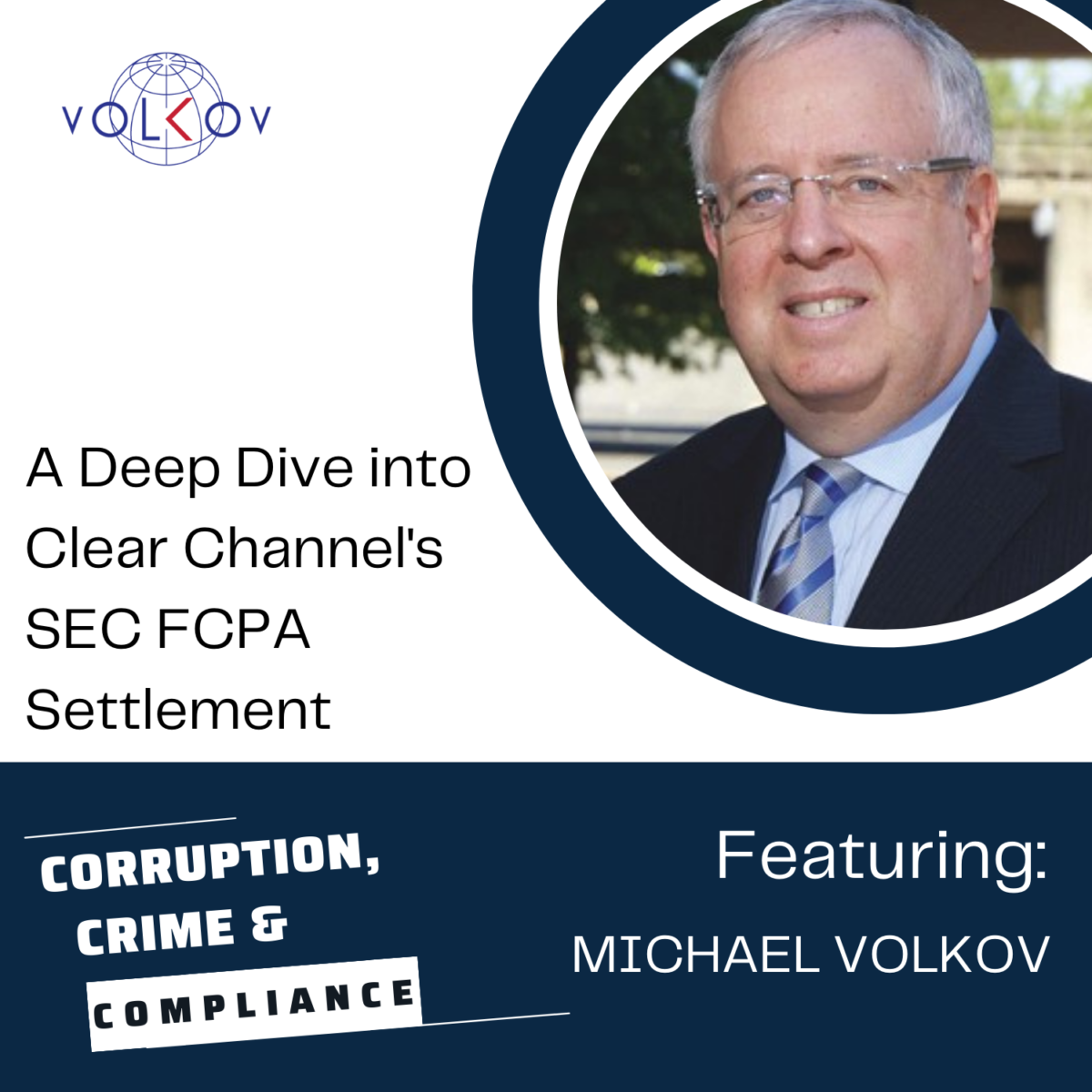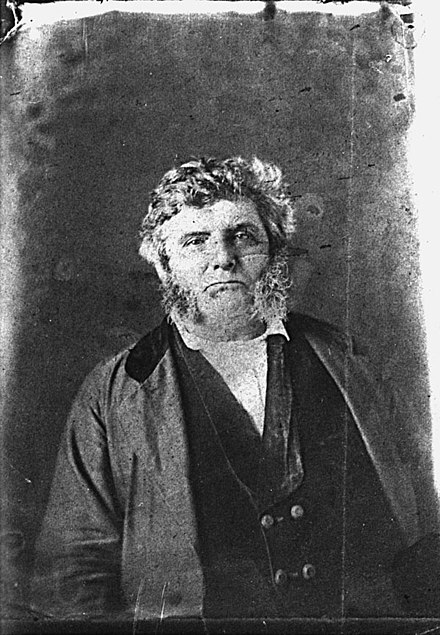The Republic of Texas holds a unique place in American history as a short-lived independent nation. In this special four-part blog post series, I will be diving into the intriguing world of the presidents of the Republic of Texas, shedding light on their leadership styles, political tensions, and the challenges they faced. This blog post focuses on one of the lesser-known presidents, David G. Burnett. It highlights the key factors that impacted the presidencies and politics of the early Republic of Texas.
David G. Burnett, who served as the first President of the Republic of Texas from March 1836 to October 1836, had a complex character and a fascinating background. He was an early adopter of filibustering, lending his sword to the Bolivarians in Venezuela during the Latin American wars for independence. However, he eventually returned to the United States when factions within the revolutionary forces split.
Burnett arrived in Texas in 1826 as an impresario, but his venture as a land grant holder failed. He was also known for his solid Presbyterian beliefs, adding another layer to his character. Despite his short tenure as president, Burnett played a crucial role in the survival and legitimacy of the Republic of Texas.
One of Burnett’s notable achievements was his strategic retreats during the early days of the Republic. By moving the government promptly, he managed to avoid capture and preserve the fledgling nation’s chances of success. Additionally, Burnett’s decision to spare the life of Santa Ana, the Mexican general, demonstrated his understanding of the role Santa Ana could play in negotiations and helped maintain the credibility of the Republic of Texas.
However, Burnett’s presidency was not without its challenges. Tension and intra-personal politics characterized the power transfer from Burnett to his successor, Sam Houston. Burnett was initially reluctant to turn over the government to Houston, leading to name-calling and insults between the two. Eventually, Burnett resigned, allowing Houston to start his first term early. Despite their differences, Burnett and Houston would cross paths politically multiple times in the future.
Factions and differing visions for the nation characterized the politics of the early Republic of Texas. Burnett represented one vision, while figures like Sam Houston embodied another. These divisions extended beyond the question of independence, with debates over issues such as slavery and Indian policy. Personal politics played a significant role, with politicians openly insulting each other and even threatening duels.
Burnet’s short tenure as the first President of the Republic of Texas highlights the enduring relevance of these early political dynamics. The reality is that there is absolutely nothing new under the sun when it comes to vicious politics. The Republic of Texas, if captured on camera, would have made for great reality TV. The challenges faced by early Texas politicians resonate with the political landscape of today.
David G. Burnet’s story is one of resilience and principle. Despite personal tragedies and adversities, he remained committed to his beliefs. Burnett’s inflexibility on specific issues, such as his hardline stance on Indian policy, may have rubbed some people the wrong way. However, it is undeniable that he played a significant role in shaping the early Republic of Texas.
Exploring the presidencies and politics of the early Republic of Texas provides valuable insights into the challenges and tradeoffs involved in nation-building. The podcast series offers a comprehensive analysis of the key factors that impacted the Republic of Texas and highlighted the importance of considering historical context when making decisions about leadership and politics.
Some of the vital leadership lessons from Burnet include:
- Adaptability and Resilience: Burnet assumed office during a tumultuous time when Texas was engaged in a struggle for independence from Mexico. He had to adapt quickly to changing circumstances and make difficult decisions to ensure the survival of the fledgling republic. Compliance professionals and business leaders can learn from his ability to remain resilient and composed in adversity.
- Vision and Mission Focus: Burnet strongly advocated for Texas independence and had a clear vision for the republic’s future. Influential leaders articulate a compelling vision and mission that inspire their followers and provide a sense of purpose. Chief Compliance Officers should have a vision for their compliance program and constantly strive to implement it.
- Pragmatism: Burnet recognized the importance of practicality and pragmatism in leadership. He worked to secure international recognition and support for the Republic of Texas, demonstrating his ability to navigate complex diplomatic challenges. Business leaders and compliance professionals should be willing to adapt their strategies to achieve their goals.
- Commitment: Burnet’s commitment to the cause of Texas independence was unwavering. He endured personal hardships and challenges to advance the republic’s interests. Chief Compliance Officers who demonstrate dedication to their compliance vision and mission often inspire greater loyalty and commitment from their compliance teams.
- Communication Skills: Effective communication is a crucial leadership skill, and Burnet was known for his ability to convey the republic’s goals and needs to foreign governments and potential allies. It may go without saying, but I will say it anyway: every CCO and compliance professional must be adept at conveying their message clearly and persuasively.
- Collaborative Leadership: Burnet understood the importance of collaboration and worked closely with other leaders and military figures, such as Sam Houston, to achieve common goals. CCOs and compliance professionals who can build and maintain effective partnerships with the business team will achieve more significant results than those who cannot.
- Adherence to Principles: Despite his challenges, Burnet remained committed to liberty and self-determination. CCOs and compliance professionals uphold their core values and principles, even in the face of adversity or temptation to compromise.
- Graceful Transition: Burnet voluntarily stepped down from the presidency after his term, demonstrating a commitment to the democratic process and a willingness to facilitate a smooth transition of power. Business leaders should recognize when it is time to pass the torch and do so gracefully.
It is important to note that David Burnet’s leadership lessons should be viewed in the historical context of the Republic of Texas and its struggle for independence. While some aspects of his leadership may not directly apply to modern leadership challenges, the principles of adaptability, vision, commitment, and effective communication remain relevant for leaders in any era. David G. Burnett’s presidency, though short-lived, left a lasting impact on the nation. The tensions and personal politics between Burnett and Sam Houston exemplify the challenges faced by early Texas politicians. By understanding the complexities of this period, we gain valuable insights into the tradeoffs and challenges involved in nation-building.









